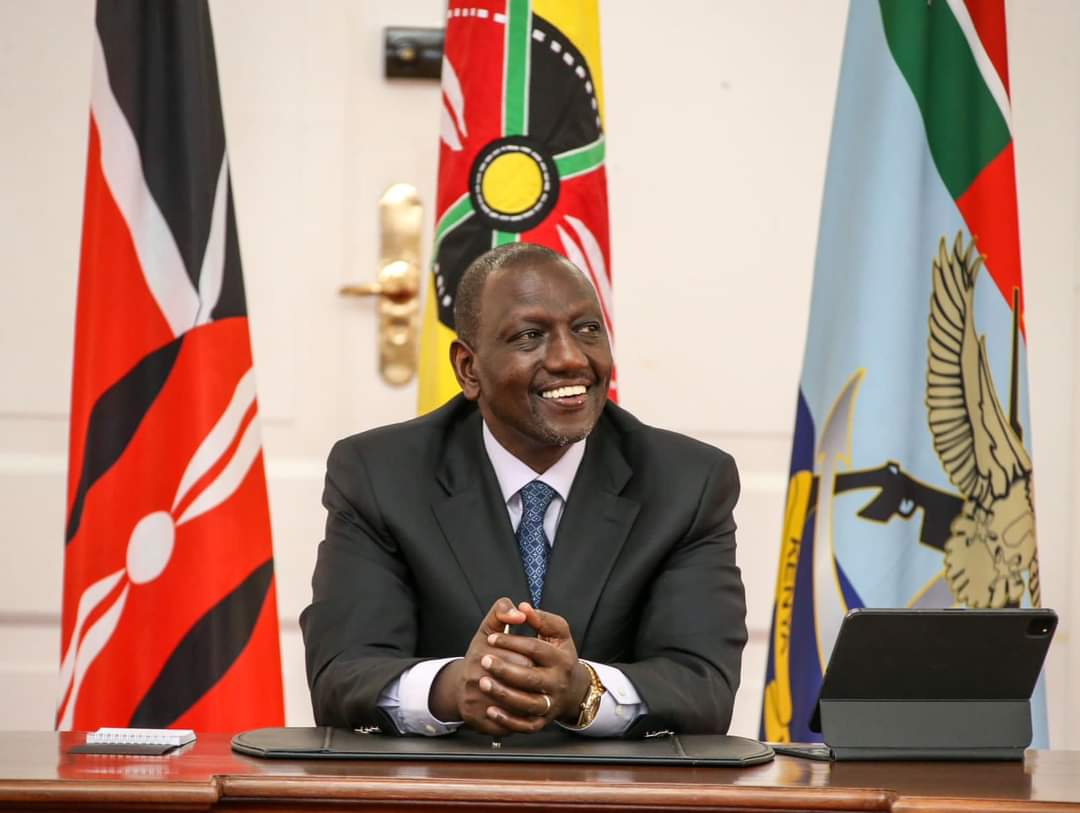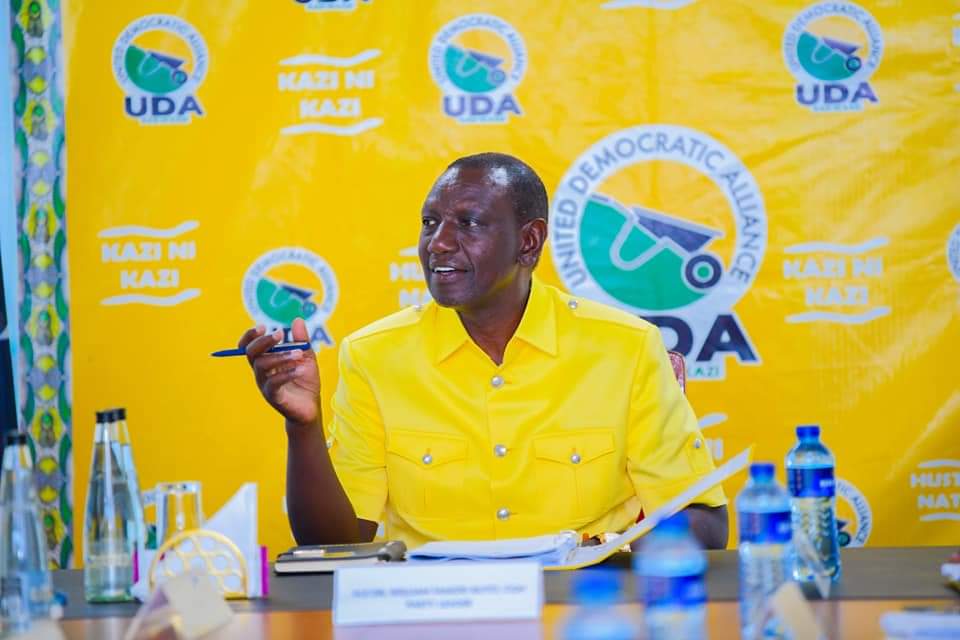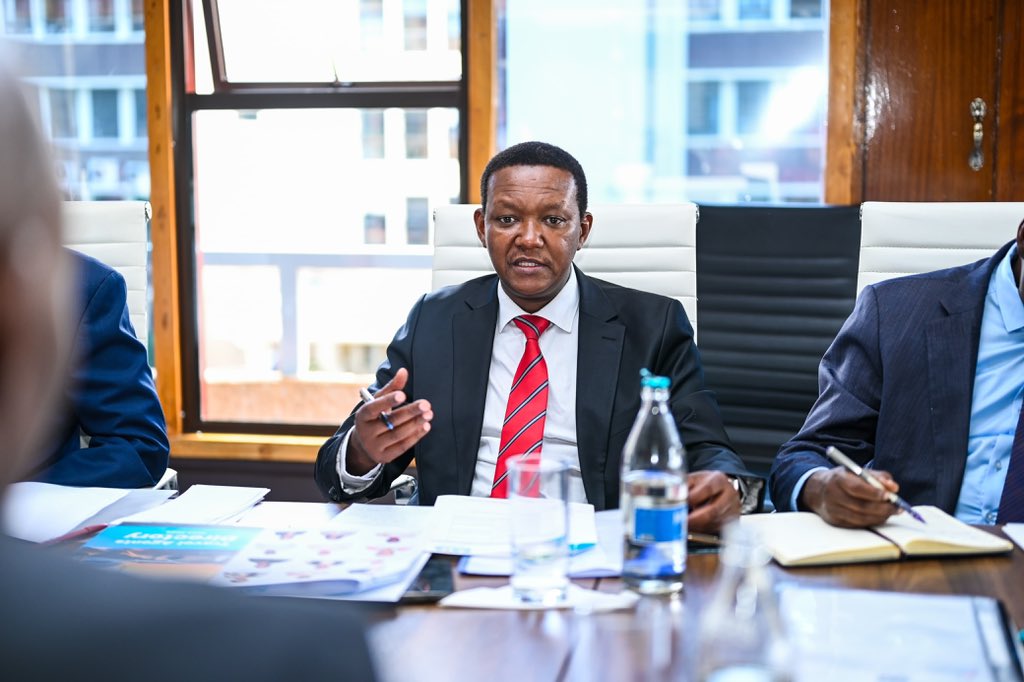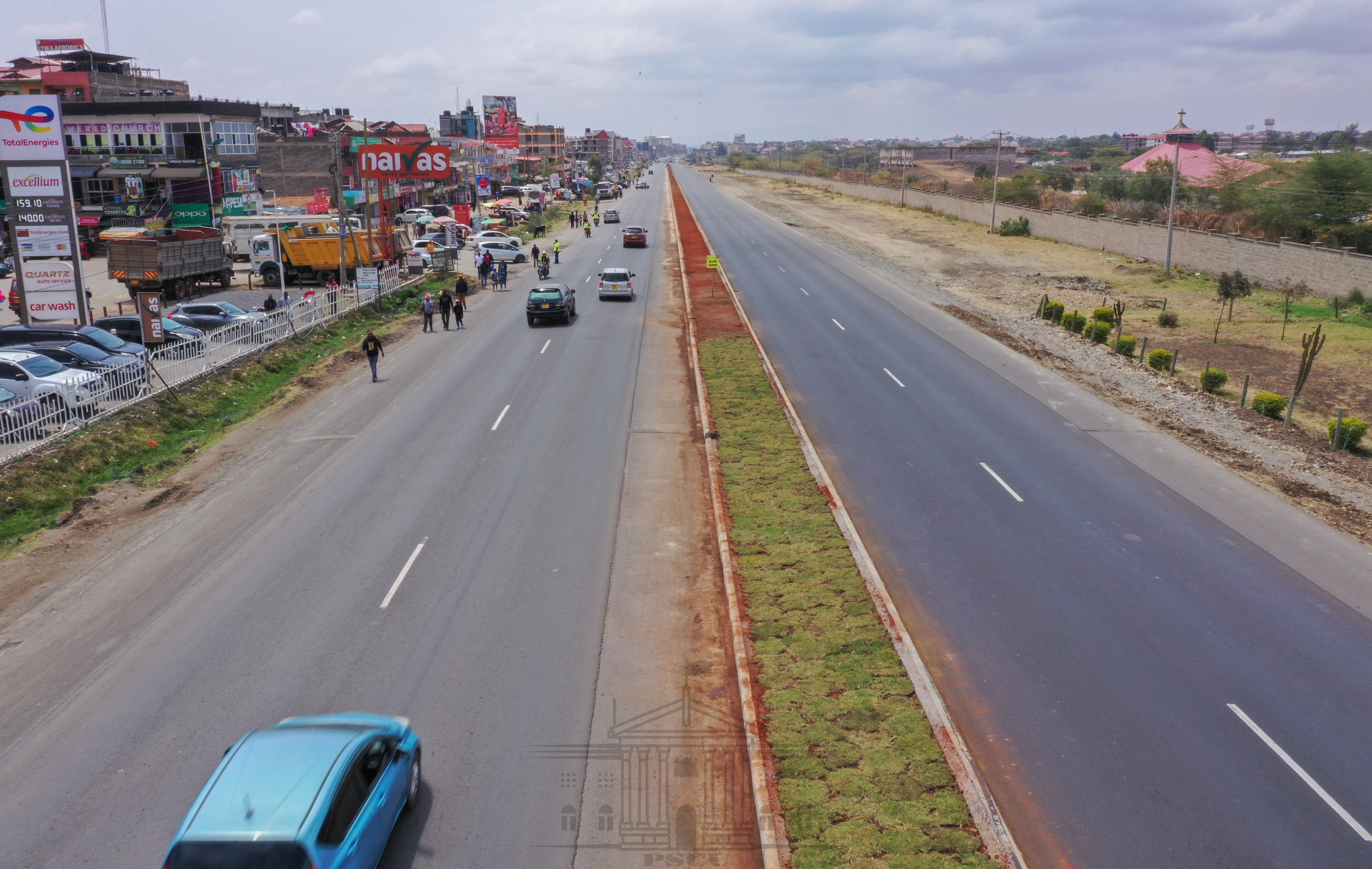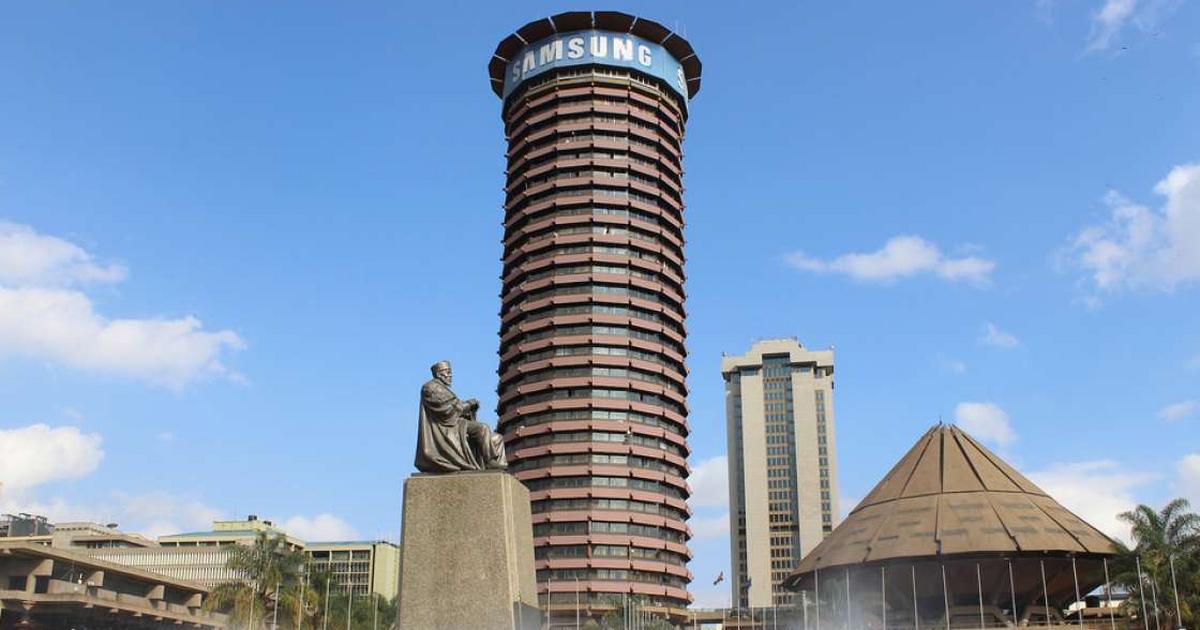President William Ruto Ruto has announced that Kenyans will now be contributing 2.7% percent of their salaries to the National Health and Insurance Fund (NHIF).
Speaking on Monday, May 1 during the Labour Day Celebrations at Uhuru Gardens in Nairobi, President Ruto stated that low-income workers would be paying a minimum of Ksh 300 to NHIF.
“Haiwezekani kwamba mimi Rais nalipa shilingi elfu moja na mia saba kila mwezi na mama mboga na mtu wa boda boda analipa shilingi mia tano ilia pate NHIF, mimi mshahara wangu ni million moja, na mtu wa boda boda mshahara yake ni five thousand kuna ungwana kweli?
“Tumebadilisha the contribution mechanism sasa wale ambao walikua wanalipa shilingi mia tano sasa tunateremsha chini wakue wanalipa shilingi mia tatu kuanzia mwezi wa saba. Mimi mwenye nilikiua nalipa one thousand sasa nitakua nalipa shilingi elfu ishirini na saba na mia tano. Every one of us is going to contribute 2.7% percent of their earning to NHIF so that we can carry this load of health equally,” President Ruto said.
Read More
.jpeg)
The Head of state at the same time stated that the government’s decision to implement changes in NSSF contributions would protect Kenyan workers from retiring to poverty.
“It’s very sad that after working for about 40 of 50 years, many Kenyan workers retire to poverty… How can you be leaders in the labour movement when the people you lead end up retiring in poverty? He posed.
Ruto also stated that the Kenyan saving culture is ranked position 72 out of 96 in the Global Age Watch Index. He noted that Kenya's saving culture is at 8% of the GDP while other developed countries are at 55% of their GDP.
“Kenya’s saving culture is only at 8% of GDP. Other countries are at 55% of GDP, that’s why you see us borrowing from China… we don’t want to continue borrowing but use our own saved money to develop our nation,” said Ruto.
He further stated that the government would review the minimum wage to address differences that exist between the public and private sectors.
“We are going to have a new wages and remuneration policy. We want to change the difference that exists between public and private sector employees. We must harmonise how we treat all our workers,” he added.
